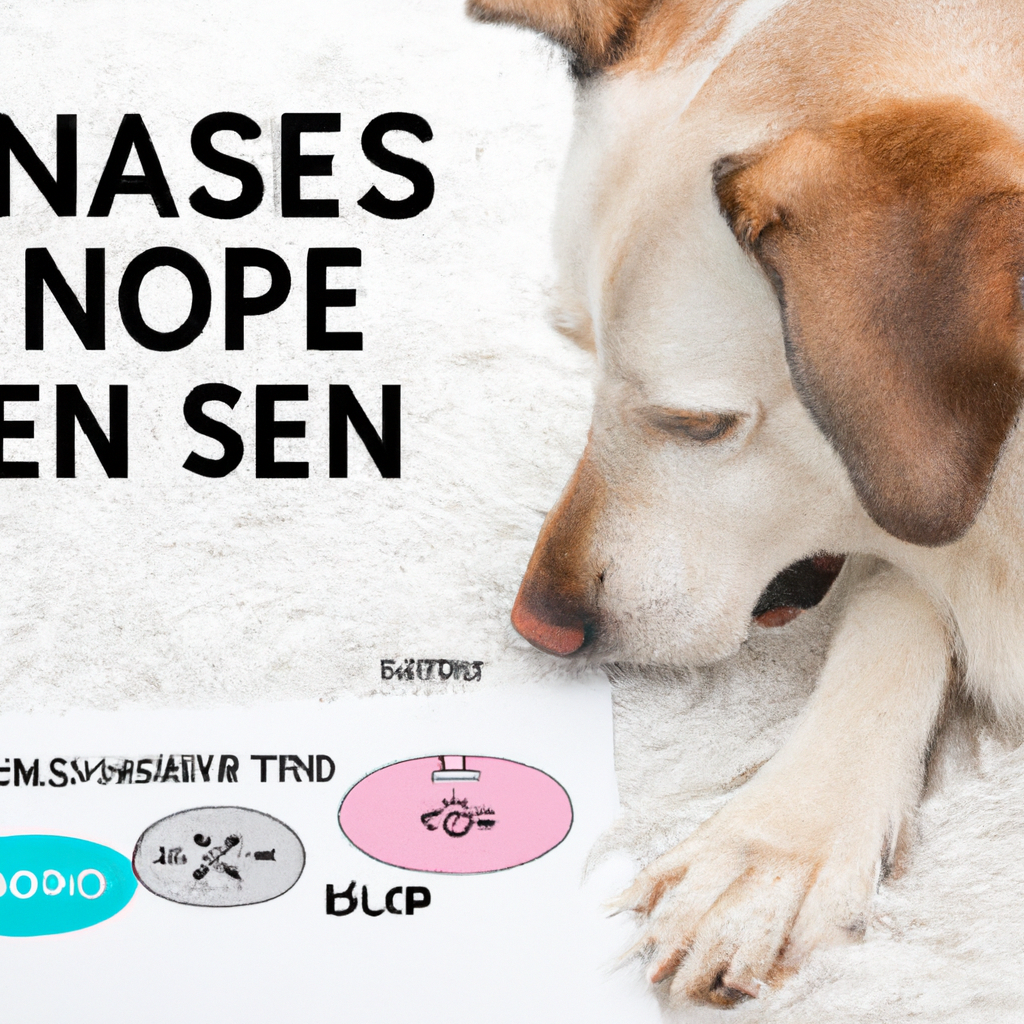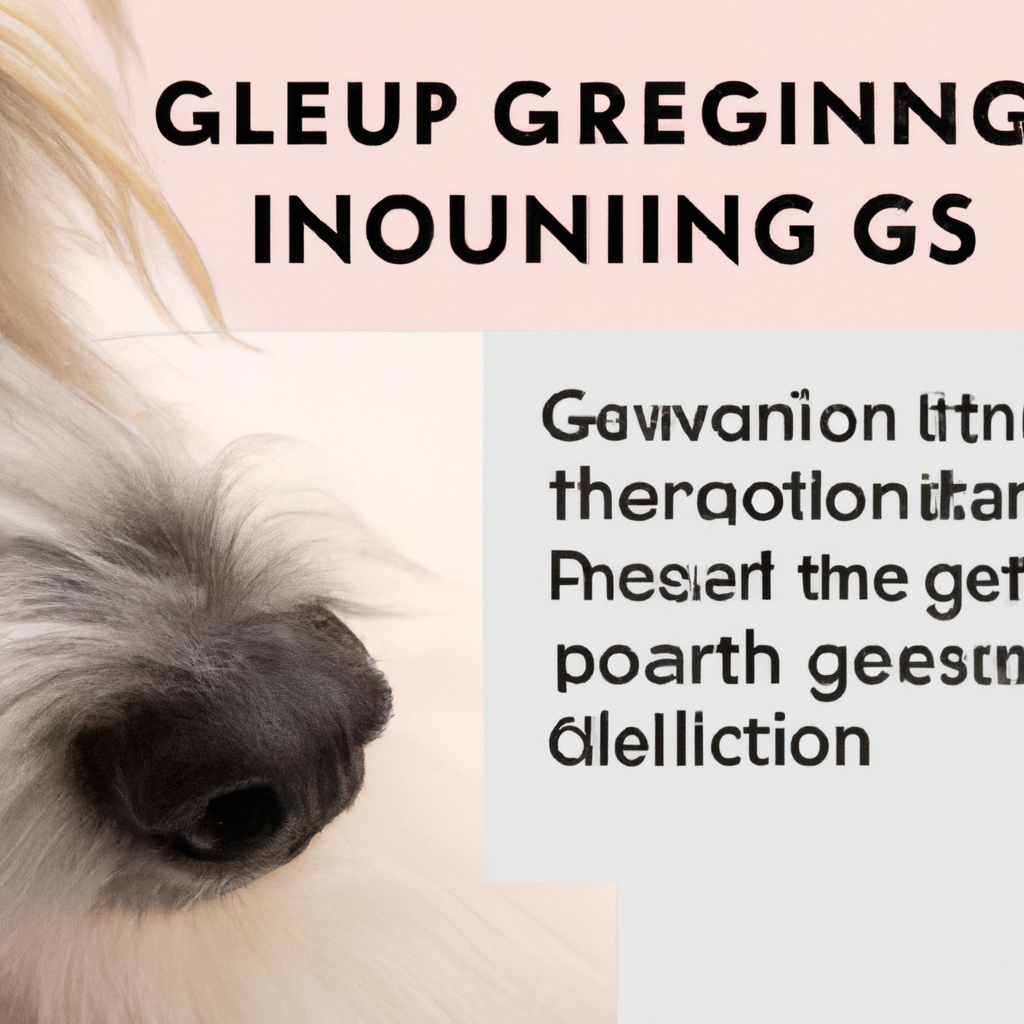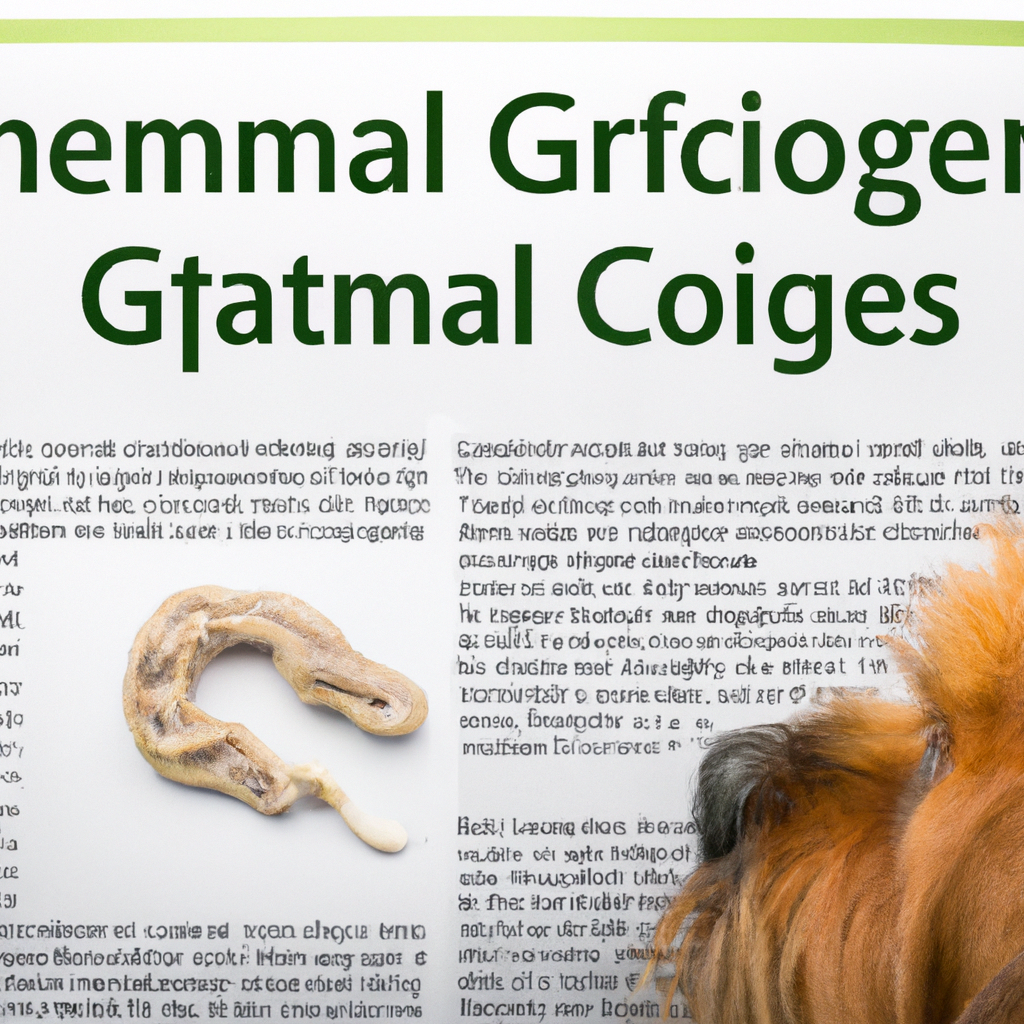Understanding and Managing Noise Sensitivity in Dogs
Understanding and Managing Noise Sensitivity in Dogs Many dog owners may have experienced their pets becoming anxious or frightened

Understanding and Managing Noise Sensitivity in Dogs

Many dog owners may have experienced their pets becoming anxious or frightened by loud noises such as thunderstorms, fireworks, or even vacuum cleaners. This sensitivity to noise is a condition known as Noise Sensitivity or Noise Phobia. It is prevalent in dogs of all breeds and is a common behavioral issue that should not be ignored.
The Effects of Noise Sensitivity on Dogs
Noise sensitivity can cause a wide range of distressing symptoms in dogs, including:
- Excessive barking or howling
- Trembling or shaking
- Attempting to hide or escape
- Panting and increased heart rate
- Loss of appetite
- Destructive behavior
These symptoms can greatly impact a dog’s quality of life, leading to chronic stress, decreased exercise, and overall behavioral issues.
Causes of Noise Sensitivity
Noise sensitivity can be caused by various factors, including:

- Genetic Predisposition: Certain breeds may be more prone to noise sensitivity due to their genetic makeup.
- Past Trauma: Dogs that have experienced a traumatic event involving loud noises can develop noise sensitivity as a result.
- Lack of Socialization: Dogs that were not adequately exposed to various sounds during their critical socialization period may develop noise sensitivity later in life.
- Medical Conditions: Some underlying medical conditions can contribute to noise sensitivity in dogs, such as hearing loss or ear infections.
Managing and Treating Noise Sensitivity
While noise sensitivity in dogs may never be completely cured, there are several strategies and treatments to help manage their anxiety and alleviate their distress:

- Creating a Safe Environment: Provide a safe space for your dog where they can retreat during stressful events. This could be a designated room or a crate covered with a blanket to block out noise and create a calming environment.
- Noise Desensitization: Gradual exposure to recorded noises at a lower volume can help desensitize your dog over time. Specialized noise CDs or smartphone applications are available for this purpose.
- Behavior Modification Training: Consult a professional dog trainer or behaviorist who can guide you through specific techniques to help your dog cope with their noise sensitivity.
- Medication: In severe cases, medication prescribed by a veterinarian may be necessary to manage the dog’s anxiety and reduce the impact of noise sensitivity.
Remember, it is essential to approach noise sensitivity in dogs with patience, understanding, and empathy. Consistent training, a calming environment, and professional guidance can make a significant difference in helping your furry friend live a happier, stress-free life.
Noise sensitivity is a condition that should not be ignored, as it can significantly affect your dog’s emotional well-being. By understanding the causes and implementing effective management techniques, you can provide the support your four-legged companion needs to overcome their anxiety and enjoy a more peaceful existence.






